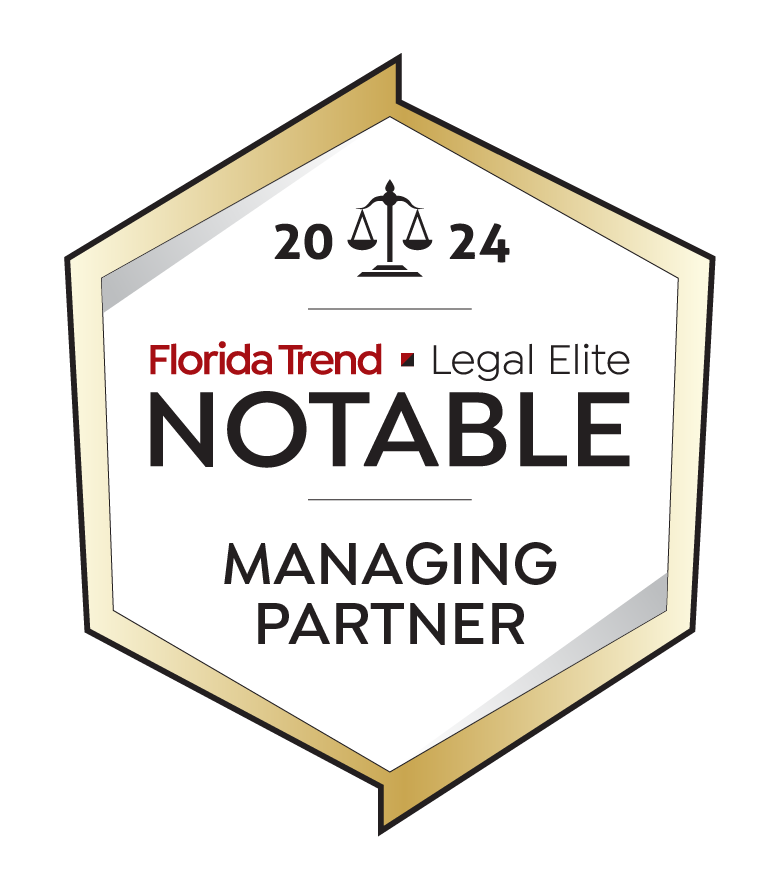Whether you are wealthy, middle-income, or living paycheck to paycheck, you may have a family you need to protect. You probably also have property you have worked hard for and want to ensure it goes to your loved ones after your passing. Estate planning allows you to control who gets your property after your death.
Speak with an experienced attorney about the actions you can take now to benefit your family down the road. A Pembroke Pines estate planning lawyer can explain various estate planning tools and help you choose the options best suited to your unique circumstances.
Consequences of Not Having an Estate Plan
If a person dies before doing any estate planning, their family cannot access any property they held solely in their name. No one can use or sell solely owned assets until the probate court appoints a personal representative for the estate. This might not happen until a month or two after death.
Once the personal representative pays the deceased person’s debts, any remaining property goes to their heirs. The law determines who gets property if someone dies without a will. A spouse receives at least 50 percent of the estate but that can sometimes go up to 100 percent. A Pembroke Pines estate planning attorney can explain how the law would affect property distribution in a specific case.
If a deceased parent has minor children, the co-parent usually gets custody regardless of whether the parents lived together. If the deceased had children with multiple co-parents, that could mean siblings are separated. If both parents die together, the children could be placed in foster care and eventually adopted.
Last Will and Testament
A last will and testament could alleviate the problems described above. This document gives a person substantial control over what happens to their children and their property after they die.
A will can name a guardian for minor children. Ideally, the parent will discuss their selection with the person they intend to name and ensure they are willing, then disclose their choice to extended family members who might have an interest in the children. Although a Judge must approve a guardian and ensure they meet the minimum legal qualifications for the role, courts generally defer to parents’ wishes as to who should raise their children after their death.
A will also directs who receives what property. A person could leave most of their property to their children or a charity. Someone could intentionally leave a child or other relative out of a will, preventing them from inheriting anything. However, according to Florida Statute § 732.201, a spouse cannot be disinherited completely and they must receive a minimum of 30 percent of an estate.
Avoid Probate With Trusts and Other Tools
Although a will resolves many problems, it must go through probate. Depending on the estate’s value and complexity, probate could extend several months to a few years. Careful estate planning with a Pembroke Pines lawyer can keep many assets out of probate, preventing the hardship that could occur if a family cannot access the decedent’s assets immediately.
A decedent could establish a trust and place assets into it. Once this occurs, the trust owns the assets, and they pass to the trust’s beneficiaries when the grantor—the person who put the assets in the trust—dies. Various types of trusts serve specific purposes.
Other means of keeping assets out of probate include establishing a homestead and holding assets jointly. Assets with named beneficiaries, such as brokerage, bank, or retirement accounts and life insurance policies, do not pass through probate and are immediately available to beneficiaries at the owner’s death.
Work With a Pembroke Pines Estate Planning Attorney to Protect Your Family Today
Estate planning is a way to protect your assets and ensure your family derives the greatest benefit from them if the unexpected happens. An estate plan can be simple or more complex, depending on your assets and needs.
A free consultation with a Pembroke Pines estate planning lawyer can result in a plan tailored to your needs. Call today and speak with someone from The Florida Probate & Family Law Firm.



























